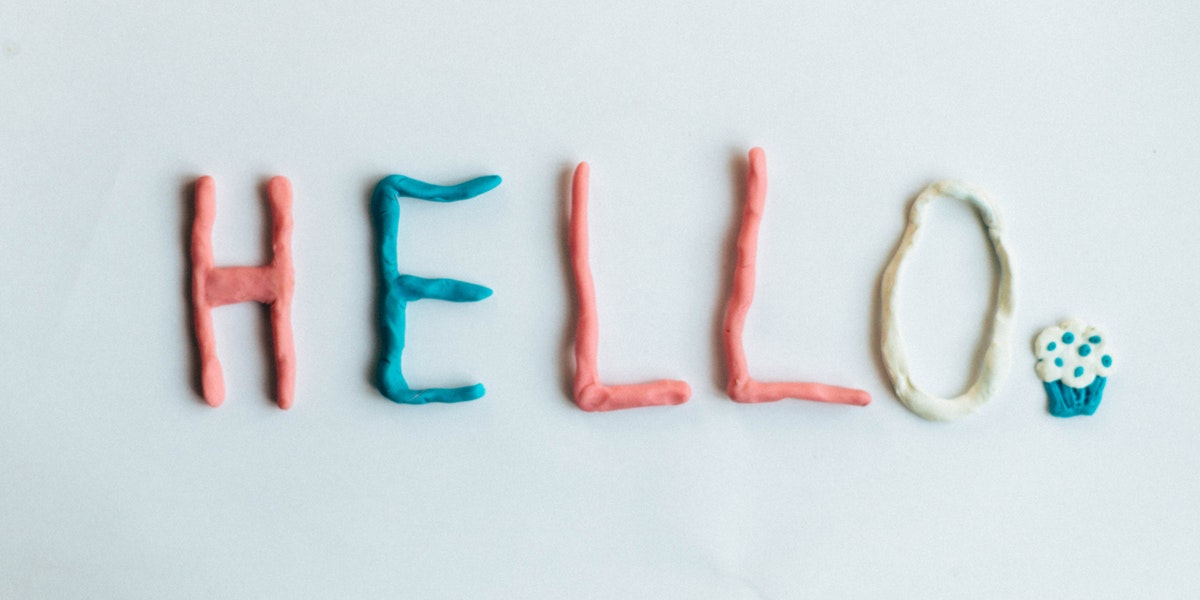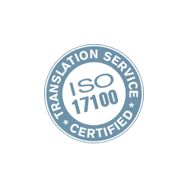How To Translate English To Scottish Gaelic
Scottish Gaelic is a member of the family of Celtic languages, which includes Irish Gaelic and Manx Gaelic. They all share similar language structures, and share the same Gaelic origin, so many think they’re one and the same. However, they are actually very different.
Scottish Gaelic was native to the Gaels of Scotland, developing from the Middle Irish spoken by early Scots who emigrated from Ireland around the 6th century.
The language then spread quickly across the country, becoming the primary language of medieval ‘Alba’.
So, do people still speak gaelic?
Unfortunately, by the late 18th century, Scottish Gaelic had been quashed heavily during the Highland Clearances and consequent Jacobite Uprisings.
The 2011 consensus found that what was once the most common language in Scotland, is now spoken by just 1.1% of the population. This was a drop of over 1,000 people from the census a decade before!
If you’re interested in helping to resurrect the language before it becomes dead or extinct, we’ve covered why you should learn, and some basic but handy Scottish Gaelic phrases you can learn right now.
Why learn Gaelic?
Though once the resident language, Scottish Gaelic is now largely restricted to residents of the Highlands and Islands, with most speakers residing in the Western Isles.
Spoken by the Gaels of Scotland for over 1,500 years, the language is an important part of Scottish culture and heritage. It’s the best language to learn if you want to better your understanding of Scottish culture!
From the benefits of bilingualism, social and career opportunities, and offering a fun family activity, there are so many reasons to learn Gaelic.
‘Hello’ in Scottish Gaelic
Working out how to learn a new language generally begins with the basics. So starting off with a very easy but essential Scottish Gaelic phrase, we have the word hello!
In Scottish Gaelic, you greet others with ‘halò’!
Pronounced hallo, this phrase has you covered for greeting passers-by if you visit a Gaelic-speaking community. Alternatively, you could say good morning which is ‘madainn mhath’, pronounced ma-ten-va.
In Scottish Gaelic, the combination of the letters mh makes a ‘v’ sound.
While reading and understanding a language is one thing, learning how to speak can be a whole challenge on its own. If you’re struggling, make sure you check out our top tips on how to improve pronunciation.

‘How Are You’ in Scottish Gaelic
If you get struck into a conversation with a predominantly Gaelic-speaker, you can show off your languages skills by taking it a step further than merely hello.
How are you? in Scottish Gaelic is ‘ciamar a tha thu?’, pronounced kim-ar-ah-oo.
‘Where Are You From’ in Scottish Gaelic
As a beginner, you may be leading yourself into uncertain territory by advancing the conversation further in Gaelic, but the Gaelic-speaker will appreciate the effort!
To ask the new found chum you’ve met on a hill walk or down the pub where they’re from, simply say ‘co às a tha thu’? This is pronounced co-as-a-ha-u.
They will likely respond with ‘tha mi à [place name]’, which will sound like ha-ma-skee.
Th in Scottish Gaelic often sounds like h.

‘Thank You’ in Scottish Gaelic
Gaelic might not be the easiest language to learn, but you can easily put yourself in good standing with native speakers by showing off your manners. When buying something in a local Gaelic shop, thank the owners by saying ‘tapadh leibh’! This is quite straightforward to pronounce: tap-a-leev.
Like mh sounds like v, so does bh.
Alternatively, when someone says this to you, you can respond with ‘s e ur beatha’ (she-oor-be-ha), you’re welcome!
‘Happy Birthday’ in Scottish Gaelic
‘Co-là-breith sona dhut, co-là-breith sona dhut!’
Join in birthday celebrations in Gaelic with happy birthday to you, cola-bray sauna ghoocht.

‘Happy New Year’ in Scottish Gaelic
Celebrate your Scottish roots at Hogmanay by cheering ‘bliadhna mhath Ùr’ (blee-en-a-va-oor) at the bells!
Ù has an ‘oo’ sound in Scottish Gaelic.
Learning these various pronunciation rules will really help when you are trying to decipher Gaelic texts.
‘I Love You’ in Scottish Gaelic
And to end our list of Scottish Gaelic phrases on a sweet note, we have ‘tha gaol agam ort’ (ha-gool-akam-orst)!
Next time you feel brimming with love to share, use this phrase to surprise your nearest and dearest!

Gaelic Still A Bit Rusty?
One of the best ways to learn a language is to work out how you can immerse yourself in a language. Learning with others can be hugely beneficial, so you could choose to enrol your child in one of the 60 primary schools across Scotland that offer Gaelic Medium education.
However, if you didn’t receive Gaelic education in school, there’s still plenty of time for you to learn.
LearnGaelic is one of the most comprehensive online resources for learning Gaelic, and acts as a constant companion for any level of speaker.
Professional Gaelic translation
If your Gaelic isn’t up to scratch and you’re in need of Gaelic translation services, don’t scrape by with online translators.
Our translators offer all types of translation, and can translate various documents into Scottish Gaelic, including web pages, letters, magazines, and educational resources.
We have experience carrying out Gaelic translations for high-profile organisations including the SQA, Census Scotland, Scottish Parliament, NHS 24, and Police Scotland.
So, if you have a Gaelic translation project in mind, request a quote for our services. Alternatively, contact us for any other queries you have.
Mar sin leat!





